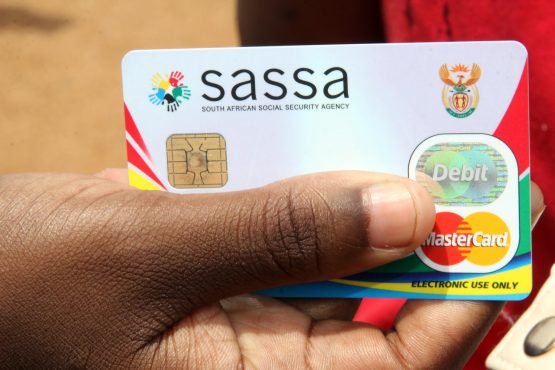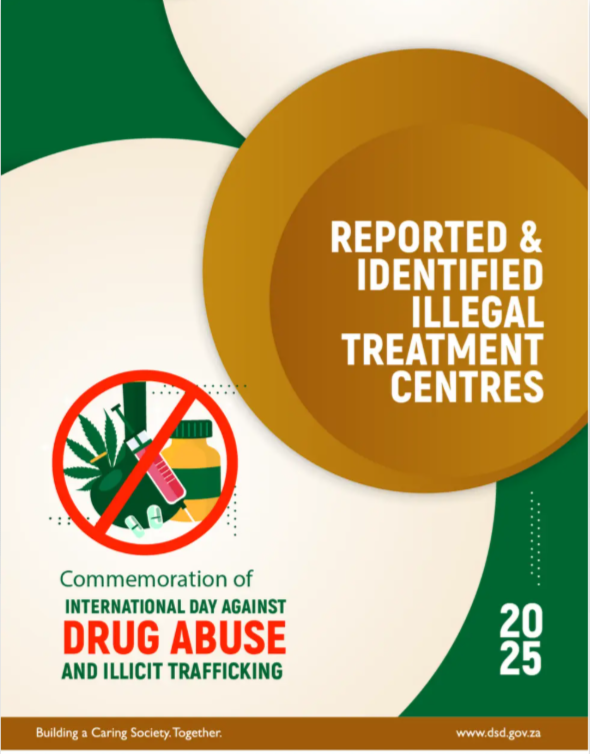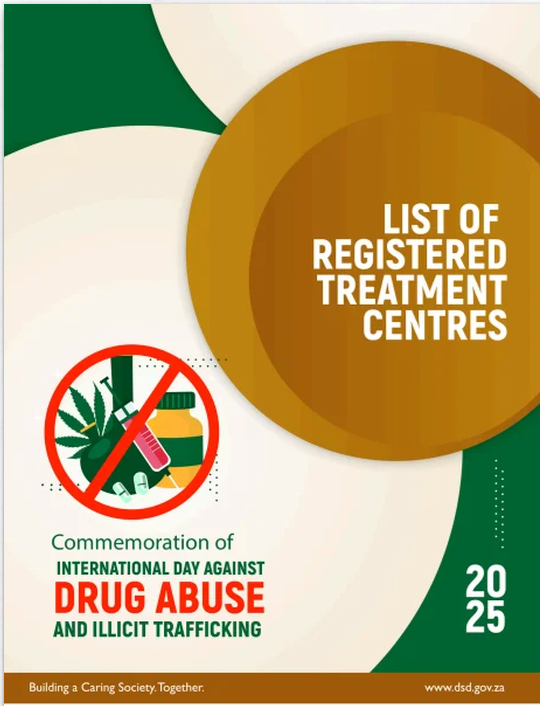By Sipho Ncube.
- A dialogue on tackling gender-based violence was held in Diepkloof, Soweto.
- Gauteng MEC for Social Development, Faith Mazibuko, emphasised the importance of a united front in tackling this scourge, “because gender-based violence affects everyone”.
- The dialogue created space for residents to ask questions and share recommendations.
As part of the ongoing 365 Days of No Violence Against Women and Children campaign, the Gauteng Department of Social Development, along with various partners, hosted a dialogue with the community of Diepkloof, Soweto, to tackle gender-based violence.
Hosted at the Diepkloof Multi-Purpose Centre under the theme “Breaking the Cycle of GBVF: Women Empowerment”, the programme brought together residents, including those from nearby hostels, to raise awareness and strengthen community involvement in addressing gender-based violence.
Speaking at the event, Gauteng MEC for Social Development, Faith Mazibuko, emphasised the importance of a united front in tackling this scourge.
“Because gender-based violence affects everyone, we brought together residents from different walks of life so that, as government, we can provide assistance through the National Strategic Plan on Gender-Based Violence and Femicide,” the MEC said.
Pillar 2 of the plan focuses on prevention and rebuilding social cohesion, while Pillar 4 deals with response, care, support, and healing.
“These pillars guide our work,” Mazibuko said, adding: “Not only do we provide support and healing to survivors, but we also focus on prevention and empowerment through awareness drives and skills development.”
The programme also provided a platform for the voices of survivors.
Monica Moagi, a survivor of gender-based violence and founder of the non-profit organisation Kaboentle, shared her testimony.
“I was abused by my in-laws for a long time. Growing up, we were taught that women must endure in silence as pillars of strength in marriage. My ordeal only ended through divorce.”
Moagi added that today, through the non-profit organisation, women in similar circumstances are helped to overcome their struggles and reclaim their dignity.
Representatives from partner organisations also engaged residents.
Valencia Kgame from the National Prosecuting Authority (Protea Court) urged community members not to withdraw gender-based violence cases after opening them.
“Many people say they open cases just to threaten the perpetrator, often because he is the breadwinner. But once a case is opened, the law must take its course,” Kgame said.
She advised women to take out a protection order as a more appropriate intervention.
Other government departments and entities attending the dialogue were the Department of Home Affairs, the South African Police Service, the Independent Electoral Commission, and the South African Social Security Agency.
Community leader Nduna Sibongiseni Khoza from the Diepkloof Hostel called for stricter regulation of taverns and shebeens to help reduce gender-based violence-related incidents.
The dialogue also created space for residents to ask questions and share recommendations.
The Gauteng Department of Social Development empowers communities to support survivors and break the cycle of gender-based violence through continuous awareness, prevention, and skills development initiatives.




